Suzanne Rappaport Ripton
Suzanne had a happy life in Paris with her parents until the Nazi occupation in 1940. When her parents were arrested, Suzanne was rescued by her neighbour. She spent the following dangerous years in hiding.
“And to be occupied is really scary. Until it’s happened you can’t imagine what it’s like, but nothing is your own anymore.”


Suzanne was born in Paris in 1936 to Millie and Joseph Rappaport. The family observed some Jewish holidays and traditions, but religion was not a major part of their life. Suzanne remembered that her early years were happy and that she often went to the theatre and cinema with her parents, and to musical soirées in neighbours’ homes. They also spent a lot of time visiting other family members, including Suzanne’s paternal grandparents who lived nearby.
Suzanne’s life changed after the Nazi occupation of Paris in 1940. She remembered how everyone seemed to be nervous and spoke in whispers. Her parents had to register at the local police station where they were issued yellow stars to identify them as Jewish. Suzanne didn’t have to wear one as she was too young.

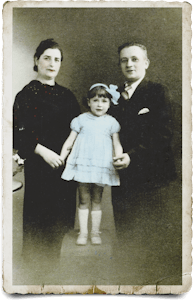

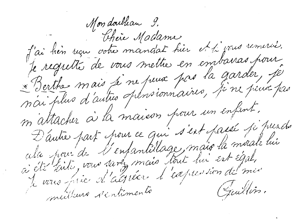
In July 1942, when Suzanne was six years old, French police and the SS came to arrest Suzanne’s parents. Joseph ordered, “Everybody in the bedroom” and locked all the doors while Millie pushed Suzanne under the bed. Suzanne could hear footsteps on the stairs and then banging on the door. When no one answered, the door was broken down with an axe. The Gestapo and French police entered and ordered the family to leave.
In the commotion, the family’s neighbour, Madame Collomb, entered the apartment and said: “What’s my child doing here?” She took Suzanne’s hand and led her out of the apartment. Suzanne never saw her parents again.
Madame Collomb hid Suzanne under her kitchen table covered with a tablecloth for several weeks. She had to stay very quiet so that no one would know she was there:
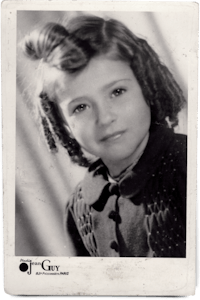
“Mustn’t make a sound. When I had to go wee wee or anything, she used to put big dusters on my feet so that nobody underneath could hear little footsteps.”
Madame Collomb and the Œuvre de Secours aux Enfants (OSE) arranged for her to be hidden with a family in a village called Mondoubleau, deep in the French countryside. Later, she moved to stay with a lady called Madame Tilleux at her farm. At just aged six, Suzanne was forced to carry out hard physical work on the farm in all weathers, without proper clothing or shoes and with only irregular meals.
When the war ended in 1945, Suzanne started to attend school, but was behind the other pupils because of her lack of regular education while she was in hiding. She was frequently punished by the teachers for her lack of knowledge, and often did not attend school.
In 1947, Suzanne’s foster mother Madame Tilleux received a letter from Madame Collomb, saying that the Red Cross had decided to send Suzanne to England. Madame Tilleux however wanted to adopt Suzanne as she had been useful to her. After extensive correspondence, the Red Cross came to the Auvergne with Madame Collomb and took Suzanne to Paris.
Suzanne was a traumatised young girl who had been through some terrible experiences. But life for Suzanne did not improve. Suzanne was sent to England to live with family in Newcastle, who treated her as a housemaid. She was required to clean their four-storey house, where the family bullied and abused Suzanne.
At the age of 15, Suzanne managed to find employment and saved enough money to purchase a train ticket to London. She obtained a job at Selfridges before working at Barkers on Kensington High Street. Suzanne later married and had two children.
In 2023 Suzanne was honoured with a BEM for her services to Holocaust education.




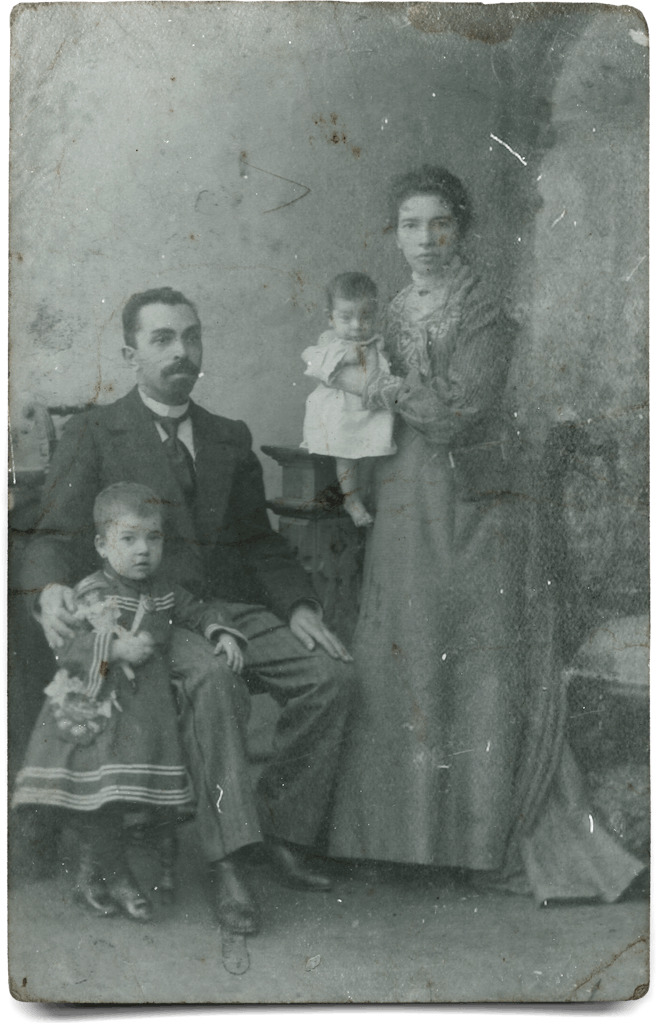


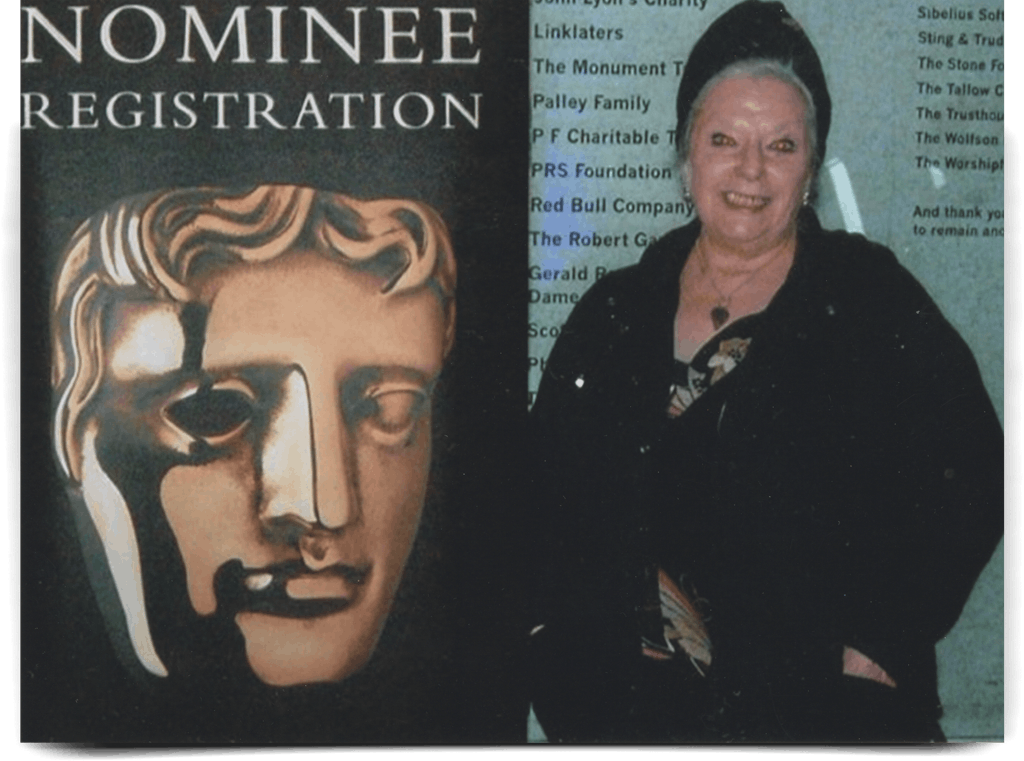
In 1969 Suzanne was reunited with Madame Collomb who gave her a few family photos that she had managed to save. Madame Collomb was recognized as one of the Righteous Among the Nations by Yad Vashem for her bravery in saving Suzanne; she died in 1997.
Sadly, Suzanne’s parents were both murdered during the Holocaust. The legacy of Suzanne’s traumatic childhood experiences has had significant impact on her life. But she later reclaimed her French identity and has worked hard to overcome her difficulties.
“I have dual nationality because I fought for that. I fought for everything I’ve got…I’ve got my true identity, I know who I am now.”
Suzanne sadly passed away, aged 88, in 2025. She is deeply missed by those who knew and loved her.




Can you help us?
Without the work of charities like ours, stories like Suzanne Rappaport Ripton's will be lost and forgotten. Please donate generously to ensure that Suzanne's story can a force for good in the modern world.
- £
